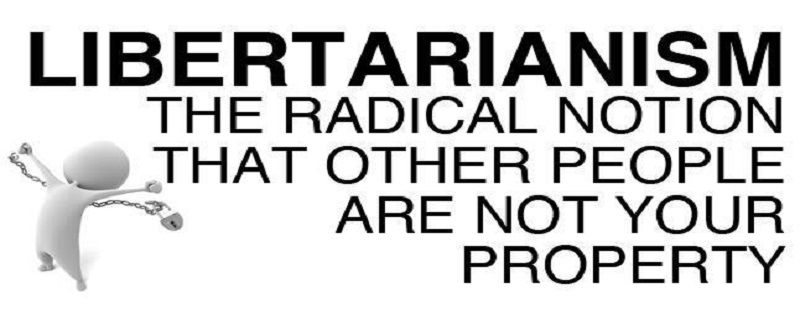- Joined
- Jul 1, 2010
- Messages
- 3,057
- Reaction score
- 574
- Location
- The Swamplands
- Website
- www.galehaut.com
I ask myself: does it COST $30,000 dollars to take out a gallbladder? And if so, WHY? Why do costs for relatively routine procedures continue to go up instead of down? A damn box of Kleenex used during a hospital stay is billed out at $10.
With everything else, technologically speaking, price goes down. In a free market, every business wants to increase its pool of customers, and beat its competitors' prices.
Something has gone horribly wrong here.
It's because the hospital is at odds with medical insurance practices. They have to inflate and add erroneous charges that are obfuscated in confusing terminology and coding in order to make sure they will be compensated by the insurance companies, and the result often leaves the patient in the crossfire unable to pay an inflated co-pay.
Is there a doctor here who could explain this better?




